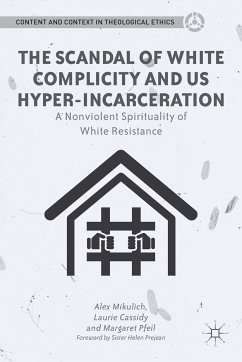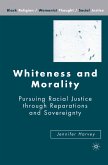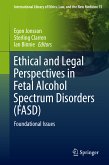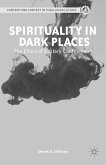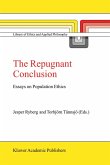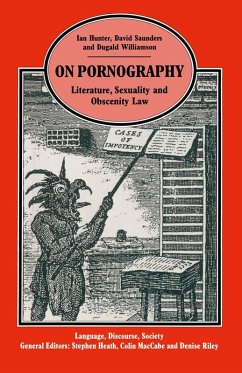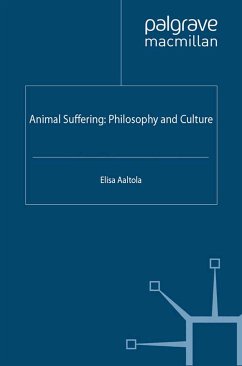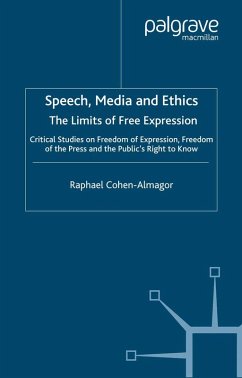Dieser Download kann aus rechtlichen Gründen nur mit Rechnungsadresse in A, B, BG, CY, CZ, D, DK, EW, E, FIN, F, GR, HR, H, IRL, I, LT, L, LR, M, NL, PL, P, R, S, SLO, SK ausgeliefert werden.
- A broad outline of the project
Over all I think the intent of this proposal is very good. In the descriptions there are references to 'Hyper-incarceration of African Americans and Latinos.' It is also implicit in the language of the introductory materials that the authors desire to address this total reality - African Americans AND Latinos. If the authors wish to do both- then the proposal needs to be reworked in its entirety to truly address both. As it stands it is very uneven - especially if Mikulich's chapter represents the inclusion/lack of inclusion the authors' intent. For Latino/a insights on all of this I recommend to the authors the work: Carmen Nanko-Fernández, theologizing en espanglish (Maryknoll: Orbis Books, 2010) and the other books in the Studies in Latino/a Catholicism series.
- Critical analysis of its strengths and weaknesses
In fact (see above) most of the descriptive material, especially Part II, but most blatantly chapter titles and content 1-4 name only 'Black man' and 'Blackness' (See pp.1-4 of the proposal).
My biggest hesitation in recommending this proposal is that it calls for some very advanced engagement on the part of the reader both in terms of general awareness and comprehension of 'white privilege,' dynamics and concepts of cultural, religious and moral formation, and most certainly in the final chapter that focuses on spirituality. At the very least, the authors need to be explicit about whether this book is targeted at experts, graduate students, or undergraduates.
I have strong hesitation about this text being all that useful for undergraduates. Most students at this level are just coming to basic awareness of racisms and whiteness as anything problematic at all, let alone moving to such a specialized area of study. (I find it very surprising that the authors think this material can be digested by undergraduates, when most theology departments don't even have basic courses on racial justice.)
- A recommendation on whether it deserves to be: 1)published as it stands or with minor revisions; 2) resubmitted after reworking; or 3) rejected.
Other important points to address are:
- The quality and significance of the project
Generally, Catholic theology and ethics has neglected both racism and the criminal justice system. I think this would be an excellent study for graduate students or experts.
- Its originality and relation to existing works in the field
There is no study that attempts to do this kind of integrative work with theology, ethics, and the social sciences.
- Structure, organization, and presentation of the material
If the authors wish to include undergraduates in this work - then more user-friendly charts, graphs, glossary, stories, photos, web-related interactive material should be included.
- Recommendations for revision (please indicate whether these are fundamental to the project's success or discretionary issues that should not affect a publication decision. Please specifically mention if any sections should be cut or expanded) See above
- Any problems regarding citations, terminology, accuracy, etc.
In the Chapter 2 by Mikulich similar treatment and lack of clarity of focus (See above) - i.e. explicit treatment /absence of data on Latinos continues. 'People of color' seems to be used synonymously with reference to African Americans. But, then we find terms like 'Hispanic' and 'Latinos' are also used, but no explicit data is given. Also - use of these various names for peoples have particular histories and synonymous use is not advisable generally. Certainly at the very least, some kind of notation and definition of each is in order early in the volume, and then repeatedly referenced for the reader. Incidentally - throughout, the terms are inco

